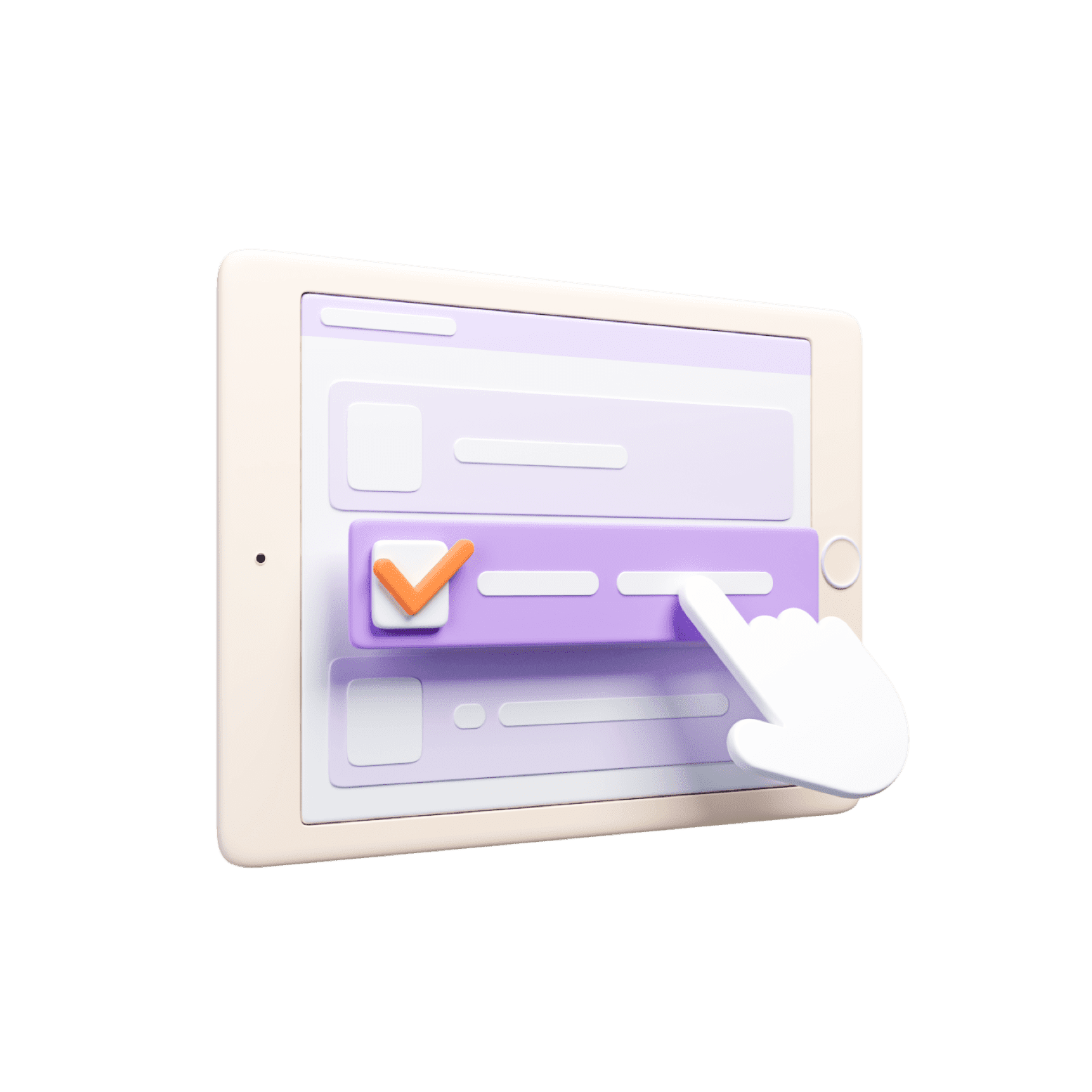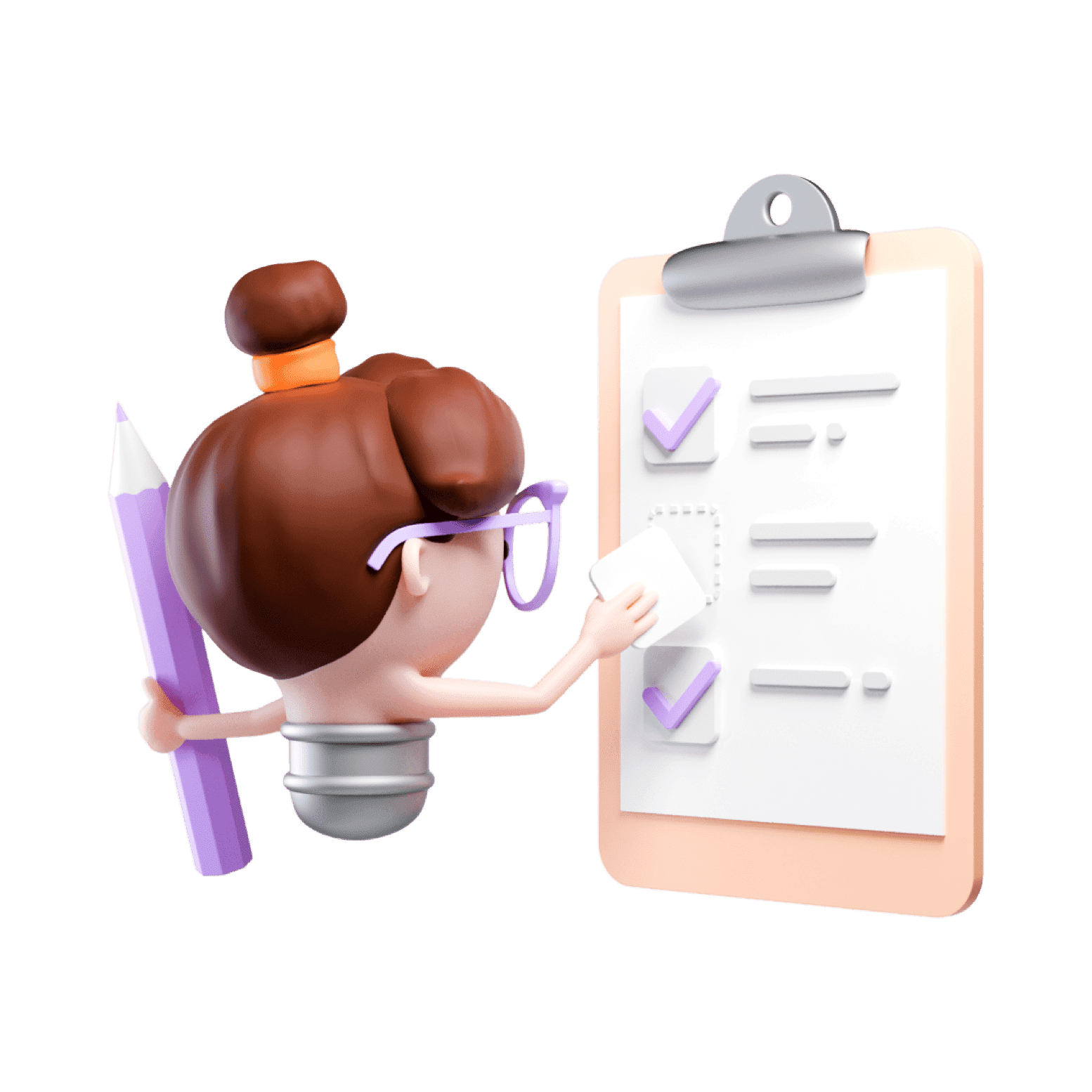Location of Your Coaching Business
Almost all coaching entrepreneurs can work from home, although you may need a dedicated space to meet with clients (or you may want to travel to their home or business location). This is great as it reduces your office costs considerably. Don't forget that if you work from home, you can write off part of your utility and housing costs against your taxes.















